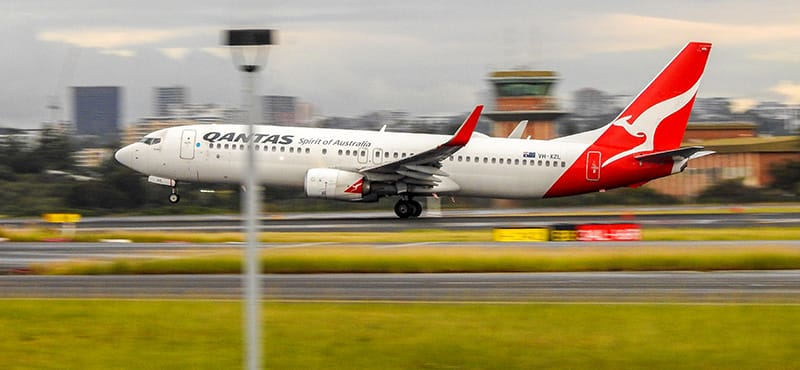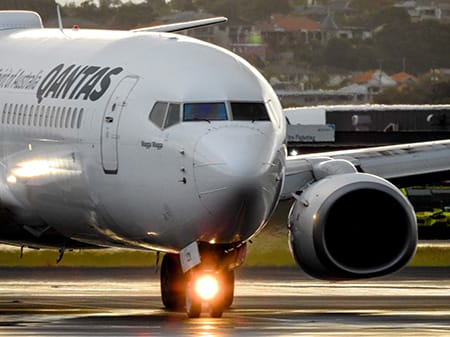
By Mike Malik, Chief Marketing Officer at Cirium
Before the Covid pandemic, it was hard to imagine a giant global airline suddenly halting service and grounding its entire fleet. But that’s exactly what happened to Qantas almost ten years earlier.

It was October of 2011, and Australia’s largest airline was feeling nervous about its cost situation. On the face of it, the company was doing fine, having reported solid profits just a few months earlier. The problem was that all Qantas’ profits were coming from its domestic routes, loyalty program, cargo activities, and its low-cost unit Jetstar. The Qantas-branded international airline, by contrast, had lost more than 200m Australian dollars. “Continuing down this path,” said CEO Alan Joyce at the time, “would be unsustainable.” In the meantime, fuel prices were rising sharply, international competition was increasing, and labor unions were stridently resisting reforms.
Joyce responded by unilaterally grounding the airline, prompting Australia’s government to intervene, referring the airline’s disputes with unions to a labor tribunal. Flights were quickly restored and ultimately, Qantas would successfully enact much of its international reform agenda, which included job cuts, establishing overseas pilot bases, and closing surplus aircraft maintenance facilities.
Before long, the carrier’s international business was producing record profits, making the entire company much more profitable overall.
Throughout the second half of the 2010s, Qantas consistently earned profit margins that were among the industry’s best. Covid naturally ended this impressive run. Its most recent financial results though, announced in February, featured the company’s highest profits ever, with international flying making a major contribution.

The Qantas International turnaround story wasn’t just about cost cutting. It was also about widebody fleet renewal and forming joint ventures with airlines like American and Emirates. Qantas also made important changes to its international network.
An analysis of historical schedules using Cirium’s Diio tool shows a 31% increase in seat capacity for Qantas International between 2011 (the year of its intentional grounding) and 2019.
On some key routes like Singapore, Hong Kong, and Los Angeles, Qantas removed capacity. The airline also added many additional seats to Auckland, its busiest international market. The same was true for Tokyo and US markets other than Los Angeles, like San Francisco and Dallas-Fort Worth. Importantly, it also introduced new routes, most prominently its first ever non-stop service to London operated with B787-9 Dreamliners from Perth.
Qantas hasn’t yet rebuilt all its international capacity following the pandemic.
Diio’s data for the April-to-June quarter of 2023 show international seat counts still 15% below their Q3, 2019 level. The decline is mostly because Qantas hasn’t yet restored capacity to China and Japan. This masks what has otherwise been ongoing international expansion, featuring new routes like Perth to Rome and Sydney to Seoul, Delhi, and Bengaluru.

There’s more exciting network moves to come. Qantas is perhaps most excited by “Project Sunrise,” its plan to fly ultra-long-range Airbus A350-1000s to London and New York, non-stop from eastern Australia. Also arriving will be extra-long-range Airbus narrowbodies (A321-XLRs), presenting new international expansion opportunities for Qantas and Jetstar alike.
Alan Joyce remains CEO today, looking to build on the success of his original international turnaround plan, including that daring and controversial decision to ground the entire airline. There’s no need for such drastic action today, nor hopefully will there be in the future. Qantas in 2023 is by any measure a healthy airline financially and strategically, in large part thanks to—not despite—its international flying.
Learn more about Diio by Cirium.

























































